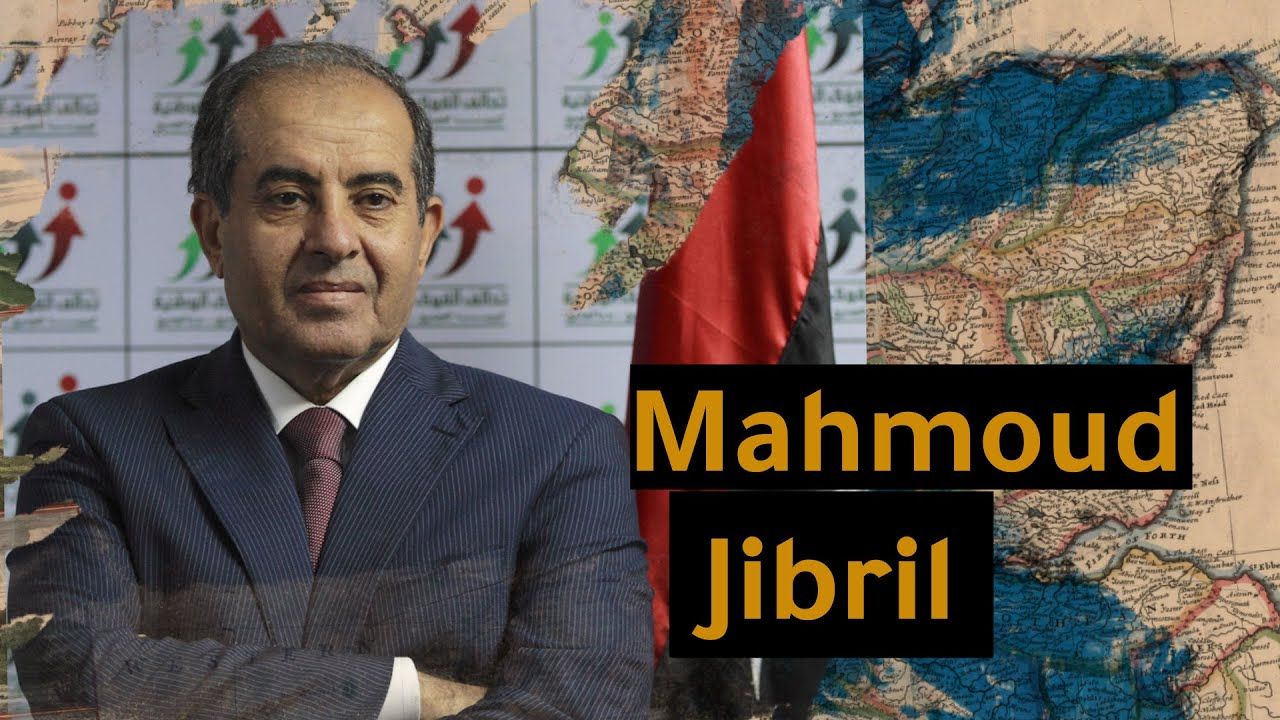According to an article published by France 24, Europe tried to reassure Russia during a UN Security Conference video call Tuesday after a French warship intercepted an oil tanker off the coast of Libya under an operation to halt the flow of arms to the North African country.
The news agency added that the European Union representatives spent the closed-door meeting — which Russia requested — explaining the EU’s naval mission to enforce an arms embargo on Libya, which began April 1, according to diplomats who spoke on the condition of anonymity.
The Russian mission stressed the need for Irini to be in compliance with the resolution authorizing it, calling for any renewal to be “unbiased” and to “prevent any imbalances.”
“We will thoroughly study how the operation evolves and see if its modalities are subject to a new Security Council mandate,” they said.
“Irini is covered by the existing resolution and we are looking at a rollover,” German UN Ambassador Christoph Heusgen said of what he called a “very important” part of keeping arms out of Libya.
“We believe this new operation is just a successor of the previous one,” said French UN Ambassador Nicolas de Riviere, comparing Irini to the EU refugee naval mission Sophia.
“It operates under the exact same mandate,” he said.
Diplomats said the interception of an oil tanker by the French ship off the coast of Tobruk 10 days ago was a major topic of conversation during Tuesday’s session.
The Gabon-flagged Jal Laxmi was collecting a multi-million dollar oil shipment but had not received authorization from the Tripoli-based Libyan National Oil Corporation, a specialist told AFP on the condition of anonymity.
The ship ultimately did not dock in Tobruk after the vessel’s owner and insurer became wary of potential sanctions, the specialist said.
“The UN welcomes France’s actions and indeed all efforts to uphold the UN oil embargo,” the UN said about France’s involvement last week.
According to one diplomat, intercepting illegal oil shipments is a lower priority for the Irini mission than controlling illegal arms, for which European ships have carried out around 50 checks on other ships off the coast of Libya since early April.
“There have been multiple and concerted efforts on the part of the UN member states and the UN Panel of Experts to contact all companies and countries involved in this current affair regarding the Jal Laxmi to caution all involved against proceeding,” UN deputy spokesman Farhan Haq said, reiterating that only the Libyan National Oil Corporation could buy or sell oil in the country.


